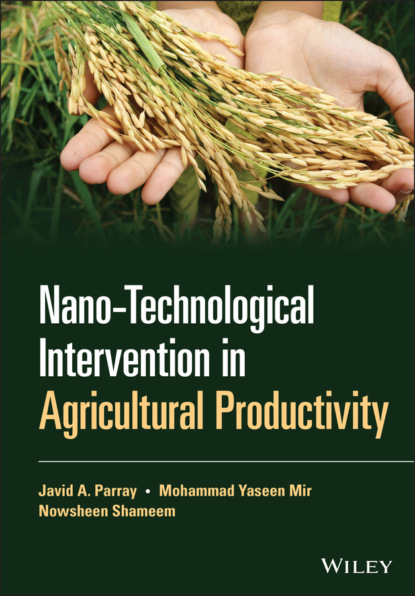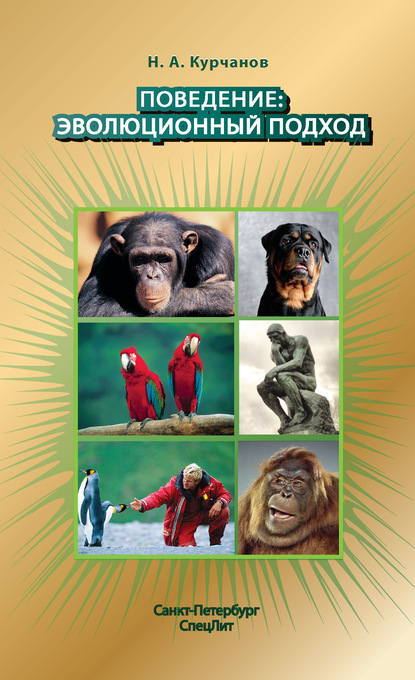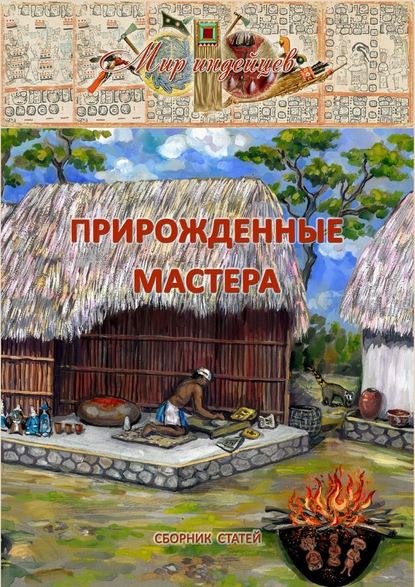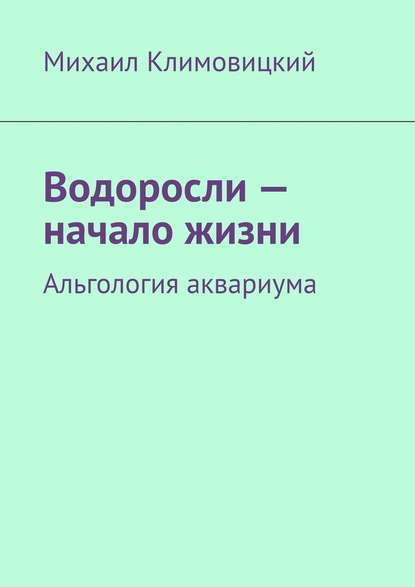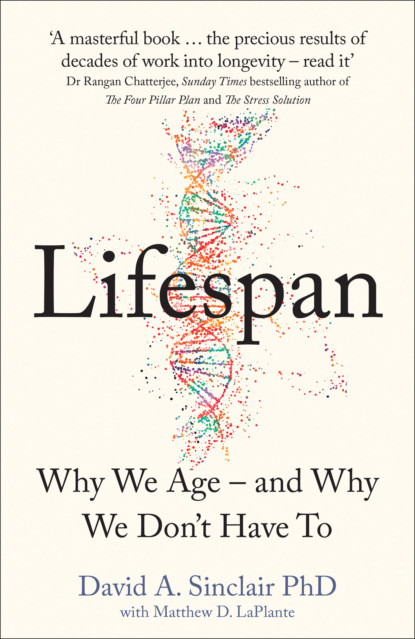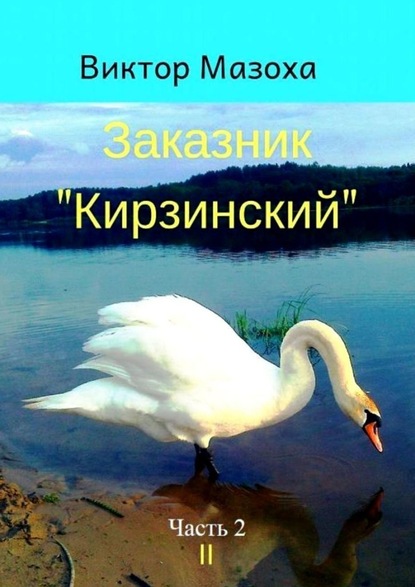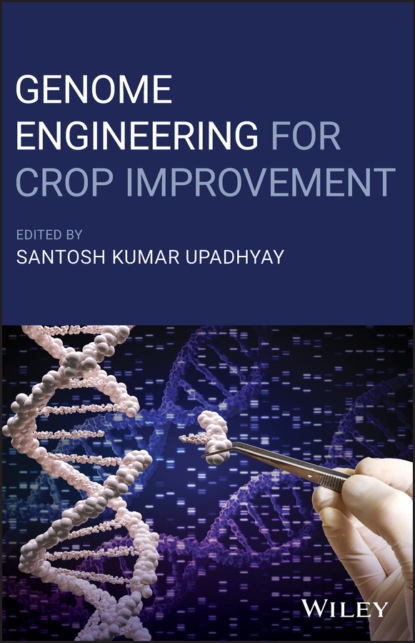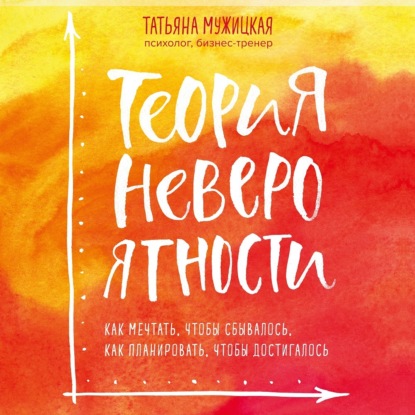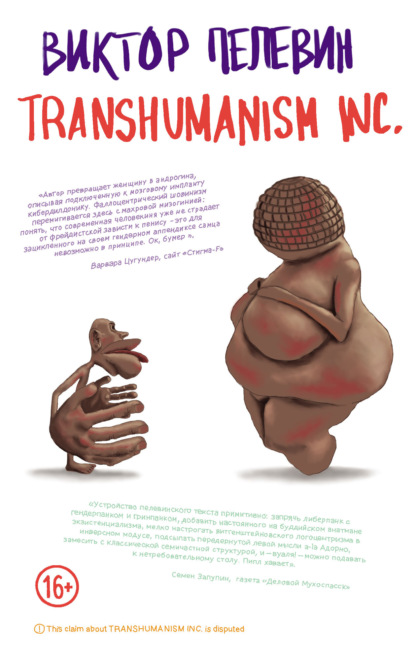Эта книга рассказывает о Nano-технологических вмешательствах в сельскохозяйственную производительность. Она исследует методы экологически чистых технологий, предназначенных для очистки отходов и загрязнений в водных и земельных экосистемах. В центре внимания находятся нанотехнические инновации с использованием микроорганизмов и микробных агентов для улучшения качества и уменьшения загрязнения загрязненных участков в воде. Книга также охватывает молекулярные подходы для характеристики наночастиц, пути биосинтеза микроорганизмов, экспрессию генов и белков для изучения биологического разложения и многое другое. Книга разделена на 9 глав, которые посвящены классификации, свойствам и применению наночастиц. Глава I освещает экологические и сельскохозяйственные последствия нанотехнологий. Авторы рассматривают современные возможности и перспективы применения нанотехнологий с точки зрения борьбы с болезнями растений, повышения качества пищевых продуктов и повышения сельскохозяйственной производительности. Следующие главы посвящены нанолигнину, применению нанотехнологий и достижениям в области материаловедения растительных культур и микроорганизмов. Эта книга предоставляет подробную информацию об использовании нанотехнологий в сельском хозяйстве и применении в биоремедиации.
Электронная Книга «Nano-Technological Intervention in Agricultural Productivity» написана автором Javid A. Parray в году.
Минимальный возраст читателя: 0
Язык: Английский
ISBN: 9781119714866
Описание книги от Javid A. Parray
Provides detailed information about the use of nanotechnology in remediating waste and pollution in agriculture Nano-Technological Intervention in Agricultural Productivity explores sustainable, eco-friendly technologies for remediating wastes and contaminated areas in both water and land ecosystems. Focusing on nano-technological innovations that use microbes and microbial agents to improve the quality and pollutant discharge of contaminated sites, this comprehensive volume also discusses molecular approaches for the characterization of nanoparticles, the biosynthetic pathways of microbes, gene and protein expression studies for bio-deterioration techniques, and more. Organized into nine chapters, the book opens with a thorough overview of the functions, classification, properties, synthesis, and applications of nanoparticles. Following a discussion of the environmental and agricultural implications of nanotechnology, the authors examine the current role and future prospects of nanotechnology in managing plant diseases, improving agri-food production, and increasing agricultural productivity. Subsequent chapters cover lignin nanoparticles, various applications of nanotechnology in agriculture, and nano-based advances in plant and microbial science. Offering an up-to-date account of the role of nanotechnologies in agricultural bioremediation, this book: Explores biotechnological advances in the development of sophisticated green technologies for waste minimization and waste control Emphasizes the use of microbes for degradation and removal of various xenobiotic substances Discusses bioremediation approaches in relation to the impact of increased urbanization and industrialization on the environment Covers a variety of applications of nanotechnology in agriculture, including nano-fertilizers, nano-biosensors, nano-pesticides, and nanoparticle protection in plants Nano-Technological Intervention in Agricultural Productivity is a valuable resource for students in plant biotechnology and agricultural science and engineering, as well as an important reference for researchers in plant biotechnology and agricultural sciences, particularly those with interest in the use of nanomaterials for pollution remediation and sustainable development.
